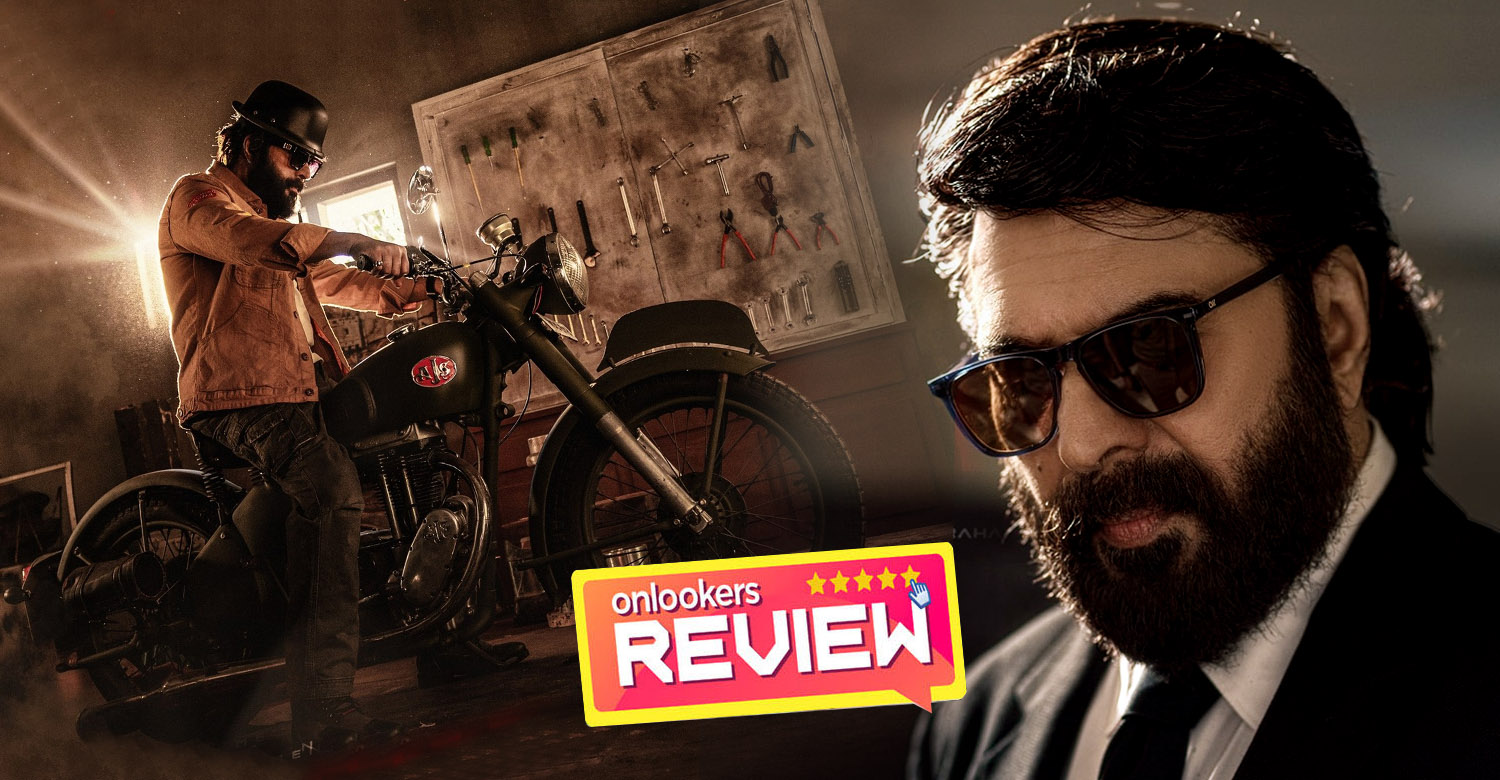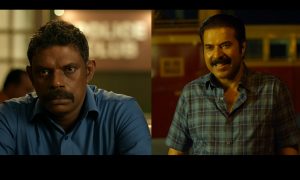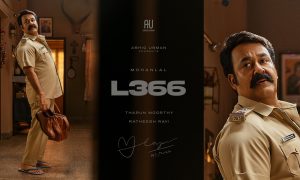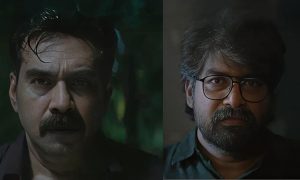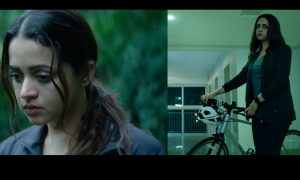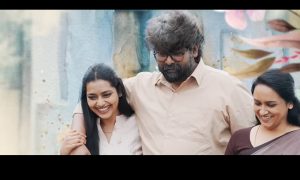Movie Ratings
-
Direction - 7%
7%
-
Script - 6%
6%
-
Technical Side - 7%
7%
-
Artist Performance - 8%
8%
Bazooka Review; Mammootty Shines Amidst Spectacle in an Ambitious Yet Flawed Malayalam Thriller
In Malayalam cinema, only a few stars command the kind of screen presence that Mammootty does. His latest venture, Bazooka, directed by debutant Deeno Dennis (son of veteran scriptwriter Kaloor Dennis), sets out to merge the gritty intensity of a game thriller with the stylized finesse of modern action cinema. With a title as explosive as its lead character’s name — Bazooka — expectations were naturally sky-high. And while the film delivers in terms of visual spectacle and Mammootty’s towering performance, it doesn’t quite detonate the way it should have in terms of story and emotional payoff.
Plot
Set against the neon-lit backdrop of Kochi, Bazooka introduces us to Bazooka Rajan, a former video game designer with a mysterious past. After a botched robbery and an ensuing kidnapping, the story twists into an intricate game of psychological warfare, driven by themes of revenge, deception, and digital duality. The movie starts with a bang — literally — but as the plot unfolds, it becomes clear that the film is more about style than substance.
There’s a fascinating premise at play here: the blurring of lines between reality and virtuality, crime and gameplay, justice and vengeance. But instead of diving deep into these themes, Bazooka skims the surface. It wants to be a cerebral thriller like Fight Club or The Game, but often falls back on formulaic writing and underdeveloped characters.
Direction and Screenplay
Deeno Dennis shows undeniable potential as a filmmaker. His eye for stylish visuals, atmospheric tension, and layered sound design is impressive. From the slow-motion walk-ins to the close-up tension-building shots, you can see the influence of slick action thrillers, both Hollywood and Korean. But the screenplay, penned by Dennis himself, needed tighter execution. The pacing is uneven, especially in the second half, and the character motivations get muddled. There are moments of brilliance — the flashbacks, the symbolism, the hacker-style setups — but they don’t always connect seamlessly. The film meanders aimlessly until the final 20 minutes, testing the audience’s patience with its sluggish pace and lack of engaging developments.
Performances
At the center of it all is Mammootty, in beast mode. Whether it’s his stoic calm, his explosive anger, or the subtle grief he carries in his eyes, the veteran actor is magnetic from start to finish. This is a role that demands both physicality and emotional restraint, and Mammootty handles both with effortless swag. Even when the plot dips, he never lets your attention stray. His performance alone makes Bazooka worth the ticket price.
Gautham Vasudev Menon, cast as one of the central characters named Benjamin, doesn’t quite hit the mark. His voice and screen presence are undoubtedly classy, but the character lacks menace. His dialogues feel over-rehearsed and the emotional weight he should bring to the table feels diluted.
Iswarya Menon, despite being among the main female leads, gets barely any scope to perform. Her character feels underdeveloped and exists merely to serve the story without any real impact. Hakkim Shah has a fairly extensive role in the film, but the writing doesn’t give him much room to deliver anything noteworthy—he remains just another part of the background noise. Divya Pillai, Sidharth Bharathan, Babu Antony, Sumit Naval, Shine Tom Chacko, Abin Bino, and Joemon Jyothir all have fleeting roles that do little to elevate the film. Most of them are reduced to glorified extras, with no memorable scenes or emotional weight. It’s disappointing to see so many capable actors barely utilized, especially when the narrative could have benefited from stronger character moments and supporting arcs.
Technical Aspects
Where Bazooka truly scores is in its technical department. Nimish Ravi’s cinematography is stunning — moody, edgy, and perfectly in sync with the film’s darker tones. The color grading adds a neo-noir flair, while Saeed Abbas’s music pulses with tension, especially during the action sequences. The background score is arresting, though occasionally overused. The editing by Nishadh Yusuf and Praveen Prabhakar is slick but could’ve benefited from trimming certain lagging sequences.
Final Verdict
Bazooka is a film that dares to be different — a blend of revenge saga, techno-thriller, and stylized action — but it doesn’t always hit the bullseye. It has flashes of brilliance and a haunting central performance from Mammootty, but the inconsistent writing and lack of emotional depth hold it back from greatness.

